Green NCAP LCA study shows detrimental climate and energy impact of increasing vehicle weight, including EVs
Green Car Congress
MARCH 24, 2023
This drives not only a rise in fuel and electric energy consumption, but also creates a wider footprint in vehicle and battery production. Green NCAP tested 34 cars with different powertrain types: battery electric, hybrid electric, conventional petrol and diesel, and one vehicle, the Ford Puma, that runs on alternative fuel.

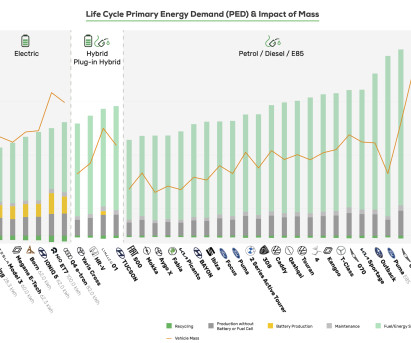

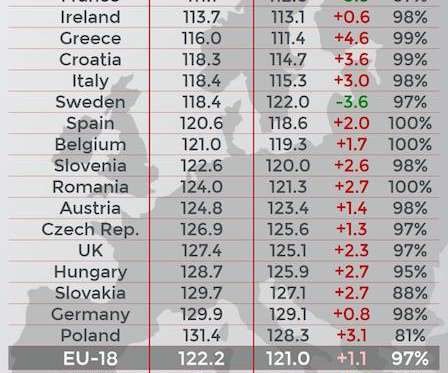




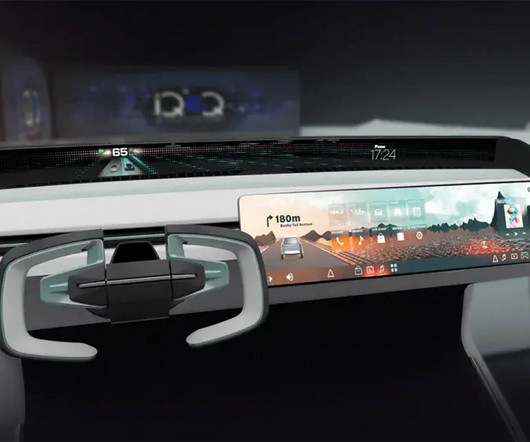
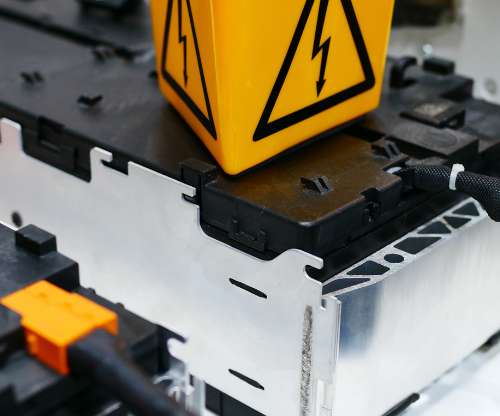





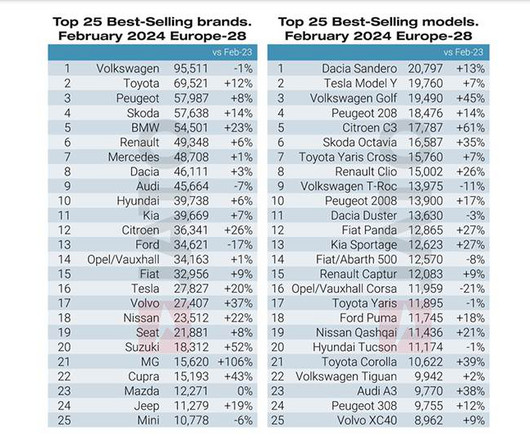
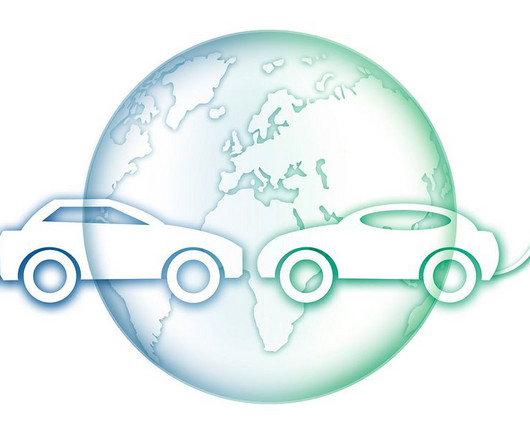


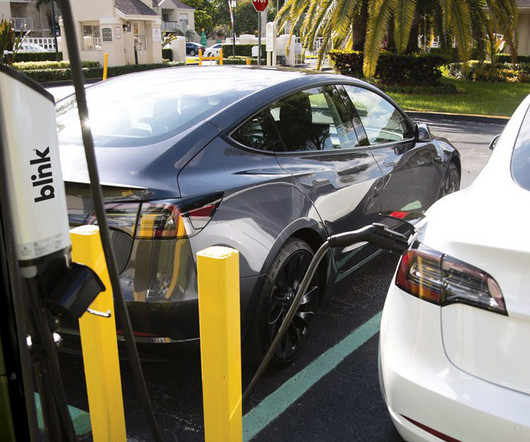
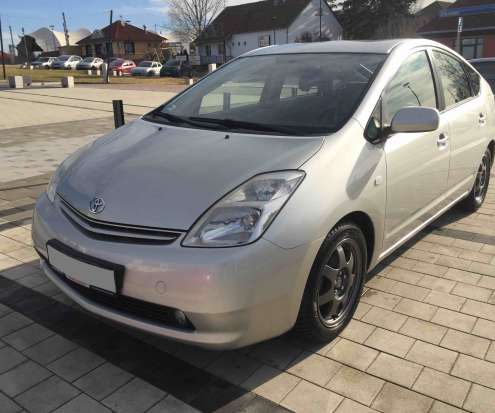
























Let's personalize your content